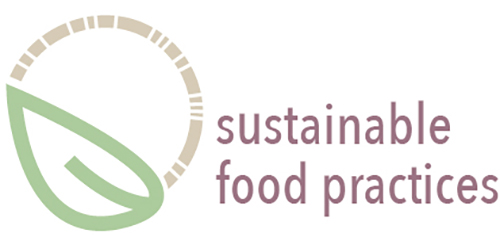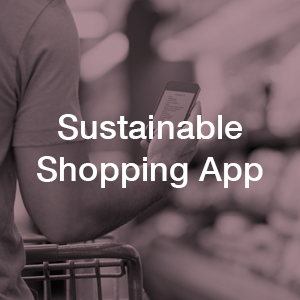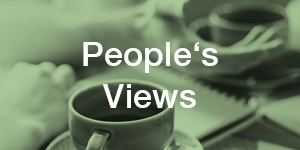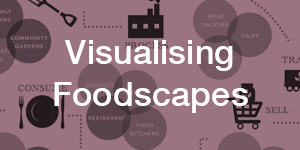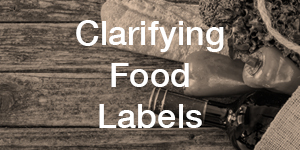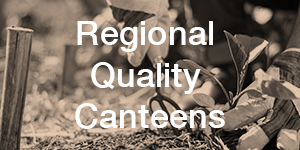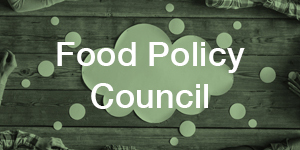
Sustainable Shopping App – Goodness Groceries!

To see the project home page click here
The Sustainable Food Practices team has been working with specialists in the University IT services (SIU) team, in a collaboration with the supermarket chain Pall Center, on an experimental and transdisciplinary project. The objective of the project is to create and pilot an application presenting ethical and eco-responsible information about food products, for consumers to peruse while shopping for food. This information provided within the app is organised around the four main sustainability themes: Environment, Social Well-Being, Economic Well-Being and Good Governance.
This tool, Goodness Groceries, is a virtual shopping companion for customers in the form of a mobile phone app, which allows them to scan a QR code on a tag placed in the shelves next to each food product included in the App and shows them information about the sustainable attributes of the product. These are the attributes that sociological studies have revealed to be among the most relevant to daily priorities, concerns and constraints that consumers have.
Such a user-friendly tool allows consumers taking part in the study to read contextual, precise and concise information, easily and on the spot when shopping. The product information provided in Goodness Groceries has been written based on an analysis of a self-assessment questionnaire provided to food suppliers, where they responded to questions about the methods and practices at all stages of the food production and supply chain, and how these meet the four main sustainability themes: Environment, Social Well-Being, Economic Well-Being, and Good Governance. This includes considering methods of production, transformation, transport distance and the ecological and social impact of these practices and of the ways food companies are managed. In the app the content is tailored to the specific interests of each consumer.
The partnership with Pall Center enables us to collect consumer purchasing data during the study. This allows us to measure the potential impact of such a tool.
In the next steps, our study will also comprise qualitative interviews with consumers, revealing if such a tool was perceived to be useful or if there was resistance or disinterest – and for which reasons. What content influenced pilot-consumers’ choices of different foods, ideally a more ethical and eco-responsible one? Thus, qualitative interviews with consumers on their experiences of shopping and receiving tailor-made ethical information via an app on their phones will highlight the potential scope of such a targeted, yet quickly accessible and flexible intervention – both during ordinary food shopping decision-making and, potentially, for a longer-term sustainable and reflexive consumption.
The four sustainability themes:

Environment: efforts are made, during the various phases of production and consumption of food, to minimise negative impacts on nature and even create positive side effects. This makes our food system more ecologically sustainable. (Indicators: Animal welfare, Biodiversity, Health of Flora and Fauna, Soil fertility).

Economic well-being: all the people working in food production have present and future financial security. Societies as a whole prosper through their food production activities, which build not only financial gains but also social ones. To achieve this, more local, circular and solidarity-based food production is fostered. (Indicators: Producer sovereignty, Food miles, Local economy).

Social well-being: every human being is able to fulfil their basic human needs, and has the right and freedom to pursue their aspirations for a better life, without compromising the ability of others and of future generations to do the same. (Indicators: Decent livelihoods, Social equity, Labour rights, Fair trade practices).

Good governance: the way companies conduct business, manage their resources and assets, and shape their interactions and decision-making processes. All product information is transparent and easily accessible. Enterprises use participatory approaches and include producers in decisions. Ultimately, enterprises can be held accountable for their claims. (Indicators: Transparency, Participation, Sustainability Management).
Project lead: Sustainable Food Practices, University of Luxembourg (lead: Dr. Rachel Reckinger),
In collaboration with: SIU, University of Luxembourg (lead: Benjamin Fornage)
In partnership with: Pall Center
Former project collaborators: BiCSLab, University of Luxembourg (Dr. Benoît Ries, Prof. Dr. Nicolas Guelfi)

